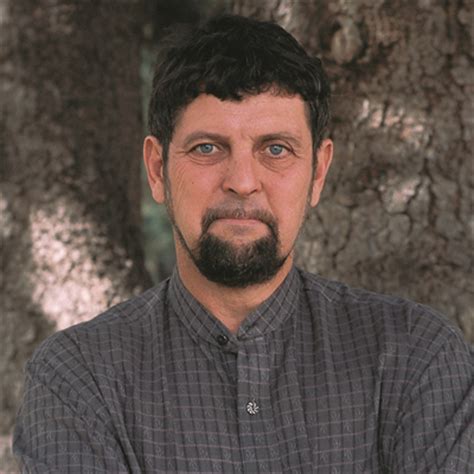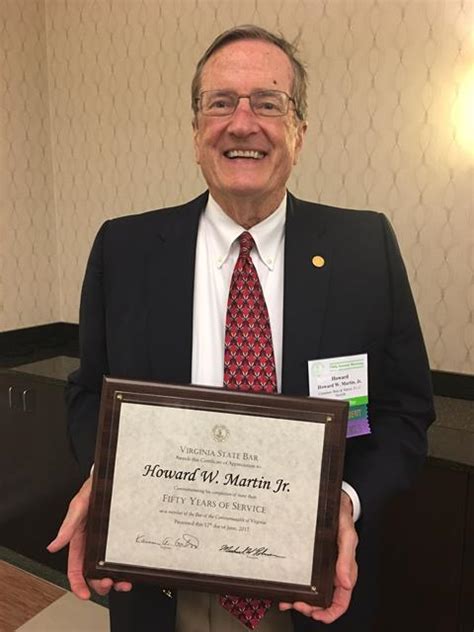A Quote by Jon Kabat-Zinn
Mindfulness is a way to rebalance ourselves. Instead of being lost in thought, or caught up in emotional upheaval, we can tip the scale in the direction of greater equanimity, clarity, wisdom, and self-compassion by actually learning how to inhabit that other dimension of our being.
Related Quotes
The importance of the development of the emotional body is hardly recognized today. We are pretty much left to our own devices to come to full adulthood, whether man or woman. Our elders may have become so denatured themselves from a lack of such nurturance that there is no longer a collective knowledge of how to guide the awakening emotional vitality and authenticity of our young people, our children. Mindfulness may contribute to a reawakening of this ancient wisdom in ourselves and in others.
To possess both wisdom and compassion is the heart of our human revolution. If you have wisdom alone and lack compassion, it will be a cold, perverse wisdom. If you have compassion alone and lack wisdom, you cannot give happiness to others. You are even likely to lead them in the wrong direction, and you won't be able to achieve your own happiness.
In the beginner's mind there is no thought, "I have attained something." All self-centered thoughts limit our vast mind. When we have no thought of achievement, no thought of self, we are true beginners. Then we can really learn something. The beginner's mind is the mind of compassion. When our mind is compassionate, it is boundless. Dogen-zenji, the founder of our school, always emphasized how important it is to resume our boundless original mind. Then we are always true to ourselves, in sympathy with all beings, and can actually practice.
Our soul, our true self, is the most mysterious, essential, and magical dimension of our being. In fact, it is not a separate reality, as traditional Western thought views it, but the cohesive force that unites our body, heart, and mind. It is not a ghost trapped somehow in the physical machinery of our body but the very essence of our being.
[Grace] is given not to make us something other than ourselves but to make us radically ourselves. Grace is given not to implant in us a foreign wisdom but to make us alive to the wisdom that was born with us in our mother?s womb. Grace is given not to lead us into another identity but to reconnect us to the beauty of our deepest identity. And grace is given not that we might find some exterior source of strength but that we might be established again in the deep inner security of our being and in learning to lose ourselves in love for one another to truly find ourselves.
I think... girls have a hard time being interesting. It’s actually easier to be famous, or notorious, than it is to be interesting. In our world, girls climb very well until they hit puberty-sexual maturity-and then they begin to fall out of the tree. They start role-playing instead of thinking, flirting instead of learning. They start admiring how smart the boys are-or how athletic or how handsome-instead of concentrating on their own intelligence.
Vulnerability is not weakness, and the uncertainty, risk, and emotional exposure we face every day are not optional. Our only choice is a question of engagement. Our willingness to own and engage with our vulnerability determines the depth of our courage and the clarity of our purpose; the level to which we protect ourselves from being vulnerable is a measure of our fear and disconnection.


































